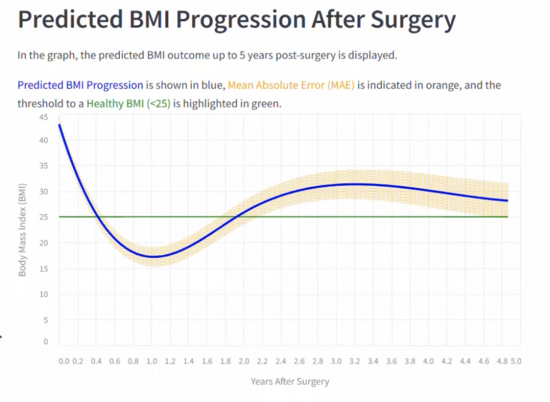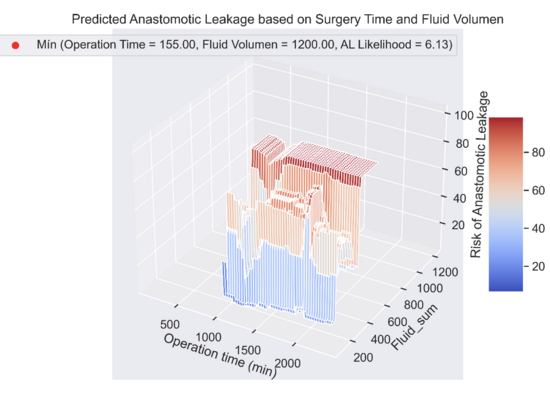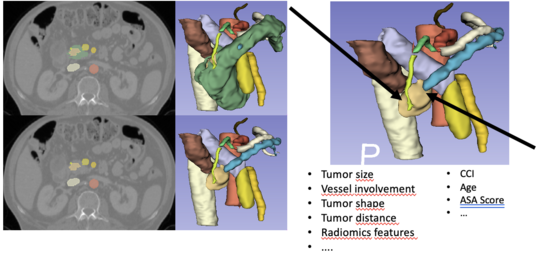Patient-Specific Risk Score Prediction
In modern healthcare, accurately predicting patient-specific risks remains a critical challenge, especially in conditions where timely interventions can significantly impact outcomes. Factors such as the complexity of clinical data, variability in patient profiles, and the need for real-time decision-making create obstacles in delivering personalized care. Addressing these challenges requires innovative approaches that combine advanced analytics with clinician-friendly tools.
Machine learning and deep learning have revolutionized personalized healthcare by enabling precise and data-driven risk assessments tailored to individual patients. These technologies leverage complex clinical data, including patient demographics, imaging, and procedural parameters, to develop predictive models that assess the likelihood of specific outcomes and complications.
This projects focus is to ensure that these tools are accessible and practical for clinical use. These interfaces present complex model outputs in an easy-to-understand format, offering visualizations, risk scores, and actionable insights for those topics:
Anastomotic Leakage Prediction and Optimization: Leveraging clinical data such as fluid management, operation time, and surgical configurations to predict the likelihood of anastomotic leakage and optimize surgical outcomes.
BMI Trajectory and Diabetes Mellitus Prediction: Building models to forecast BMI changes over time and predict the risk of developing Type 2 Diabetes Mellitus, enabling early interventions for at-risk patients.
Pancreatic Cancer Prognosis: Integrating multi-phase CT imaging and clinical parameters to assess tumor resectability and improve treatment planning, with a focus on segmentation and classification.








